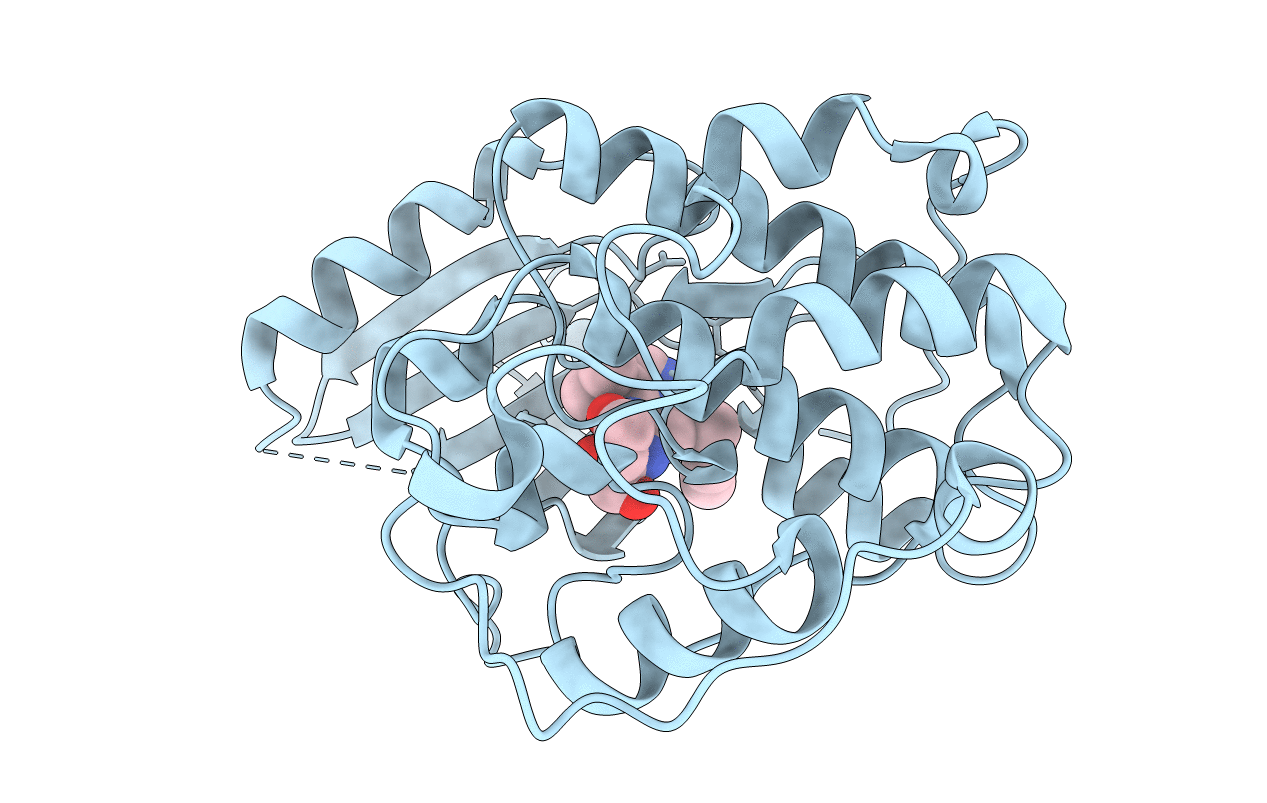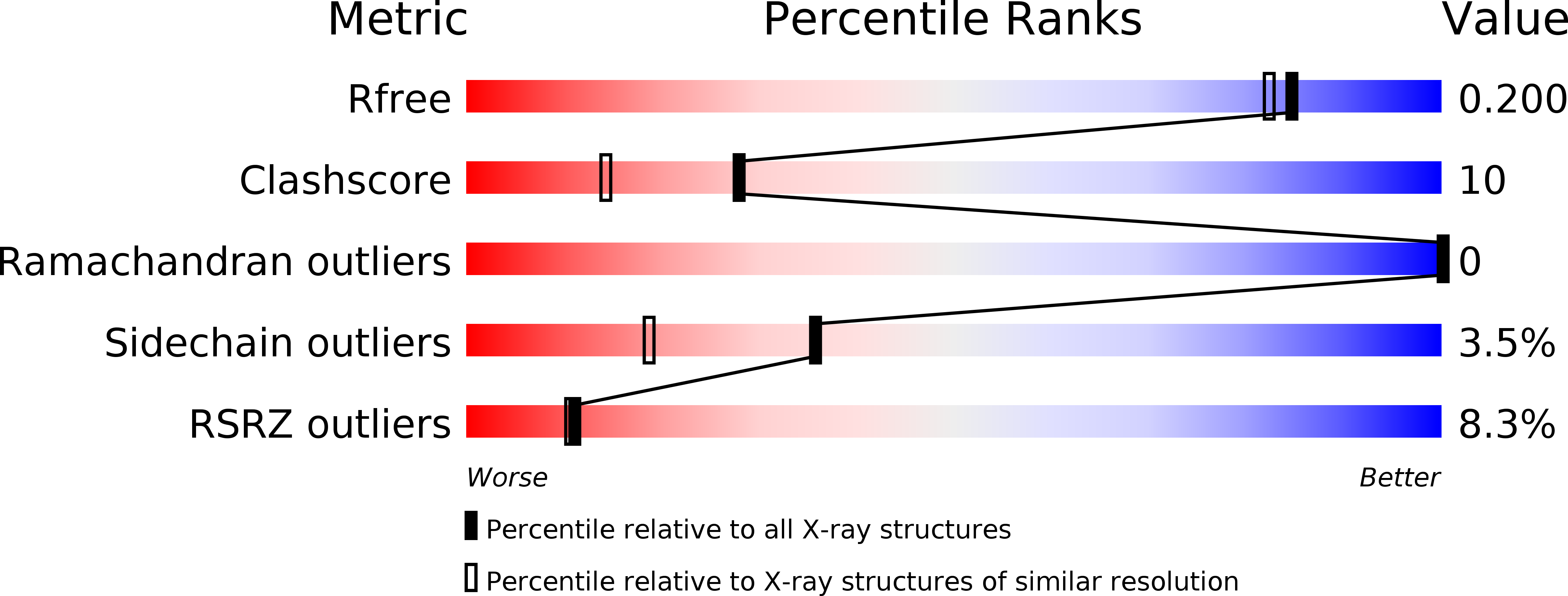Abstact
Cyclin-dependent protein kinases (CDKs) are central to the appropriate regulation of cell proliferation, apoptosis, and gene expression. Abnormalities in CDK activity and regulation are common features of cancer, making CDK family members attractive targets for the development of anticancer drugs. Here, we report the identification of a pyrazolo[1,5-a]pyrimidine derived compound, 4k (BS-194), as a selective and potent CDK inhibitor, which inhibits CDK2, CDK1, CDK5, CDK7, and CDK9 (IC₅₀= 3, 30, 30, 250, and 90 nmol/L, respectively). Cell-based studies showed inhibition of the phosphorylation of CDK substrates, Rb and the RNA polymerase II C-terminal domain, down-regulation of cyclins A, E, and D1, and cell cycle block in the S and G₂/M phases. Consistent with these findings, 4k demonstrated potent antiproliferative activity in 60 cancer cell lines tested (mean GI₅₀= 280 nmol/L). Pharmacokinetic studies showed that 4k is orally bioavailable, with an elimination half-life of 178 min following oral dosing in mice. When administered at a concentration of 25 mg/kg orally, 4k inhibited human tumor xenografts and suppressed CDK substrate phosphorylation. These findings identify 4k as a novel, potent CDK selective inhibitor with potential for oral delivery in cancer patients.



